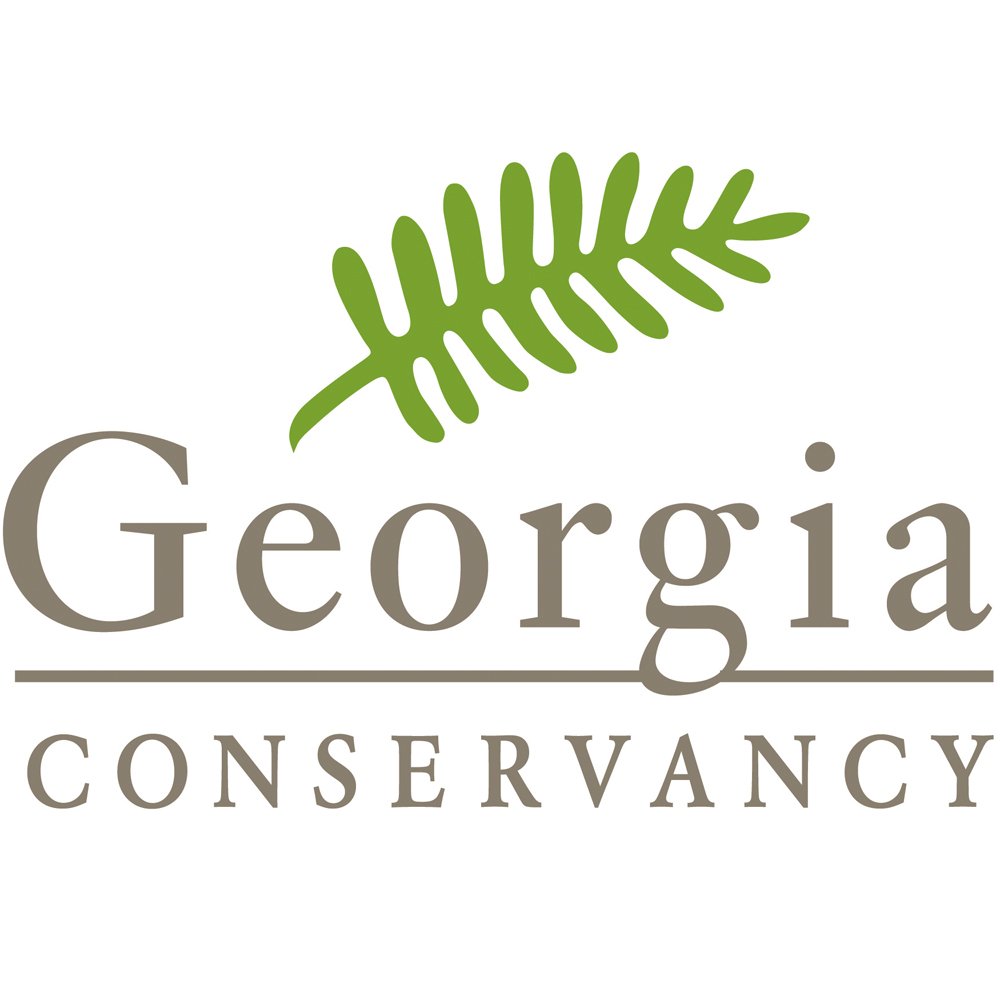Georgia Conservation Tax Credit
Legislation to re-authorize the Georgia Conservation Tax Credit has been signed by Governor Brian Kemp
The Georgia Conservation Tax Credit is one of the strongest mechanisms for land conservation in the state, providing landowners with an additional financial incentive to conserve critical acres of forest, wetlands, and working lands. In a state where more than 90% of land is privately held, this tax credit is a important resource for safeguarding Georgia's environmental integrity.
Since the close of the 2021 Legislative Session, the Georgia Conservancy, along with our partners in the Association of Georgia Land Trusts (AGLT), have made the reauthorization of the Georgia Conservation Tax Credit (GCTC) a priority for this year’s session.
Strongly supported by the Georgia Conservancy, last year’s House Bill 477 sought to reauthorize the tax credit on a landowner's qualified conservation donation of real property until December 31, 2026. Due to last-minute additions to the bill, unrelated to the tax credit reauthorization, the measure was not passed and the current conservation tax credit expired on December 31, 2021.
However, the continuance of the tax credit remained popular at the State Capitol. Introduced late in the 2022 Legislative Session as an amendment to House Bill 586, sponsored by Rep. Sam Watson (and in the Senate by Sen. Steve Gooch), Section 2 of the bill seeks to reinstate the Georgia Conservation Tax Credit with a beginning date of June 1, 2022 and a sunset date of December 31, 2026. Under this legislation, the aggregate amount of conservation tax credits could not exceed $4 million during the calendar year.
On April 1, 2022, House Bill 586 passed after receiving overwhelming support in the Senate and with its amendments agreed upon by the House. It was signed into law by Governor Brian Kemp on May 15. Click here to read our press release.
This is a significant victory for land conservation organizations, particularly non-profit land trusts. The GCTC offers landowners a financial incentive for protecting their lands, utilizing a state income tax credit. Protection can be achieved either through fee-simple donations to conservation organizations, or through conservation easements that place permanent restrictions on how the property can be used.
Critically, it promotes the conservation of land and natural resources without increasing the land management inventory of governmental agencies.
Examples of environmental resources protected by the tax credit include:
Water resources and wetlands
Natural habitats for wildlife and plants
Working lands, including agricultural lands and forests in production rotation
Outdoor recreation areas
Outdoor cultural heritage sites
The Georgia Conservation Tax Credit is essential to land conservation in our state, as the tax incentive has supported the permanent conservation of critical lands and habitats. The reinstatement of the GCTC is also important as a succinct statement of Georgia’s conservation values and priorities that inform many aspects of the essential work of land trusts.
In the coming years, Georgia Conservancy and AGLT will be working to promote the GCTC and encourage full utilization of the $4 million in credits allotted per year. AGLT will also be coordinating with various influencers, including the State Properties Commission, to propose improvements to the GCTC appraisal process.
The Georgia Conservancy and our partners in the Association of Georgia Land Trusts would like to thank Representative Sam Watson and Senator Steve Gooch for championing this legislation and for members of both the House and the Senate for supporting the Georgia Conservation Tax Credit.
For questions regarding the Georgia Conservation Tax Credit, please contact Georgia Conservancy Communications Director Brian Foster at bfoster@gaconservancy.org



